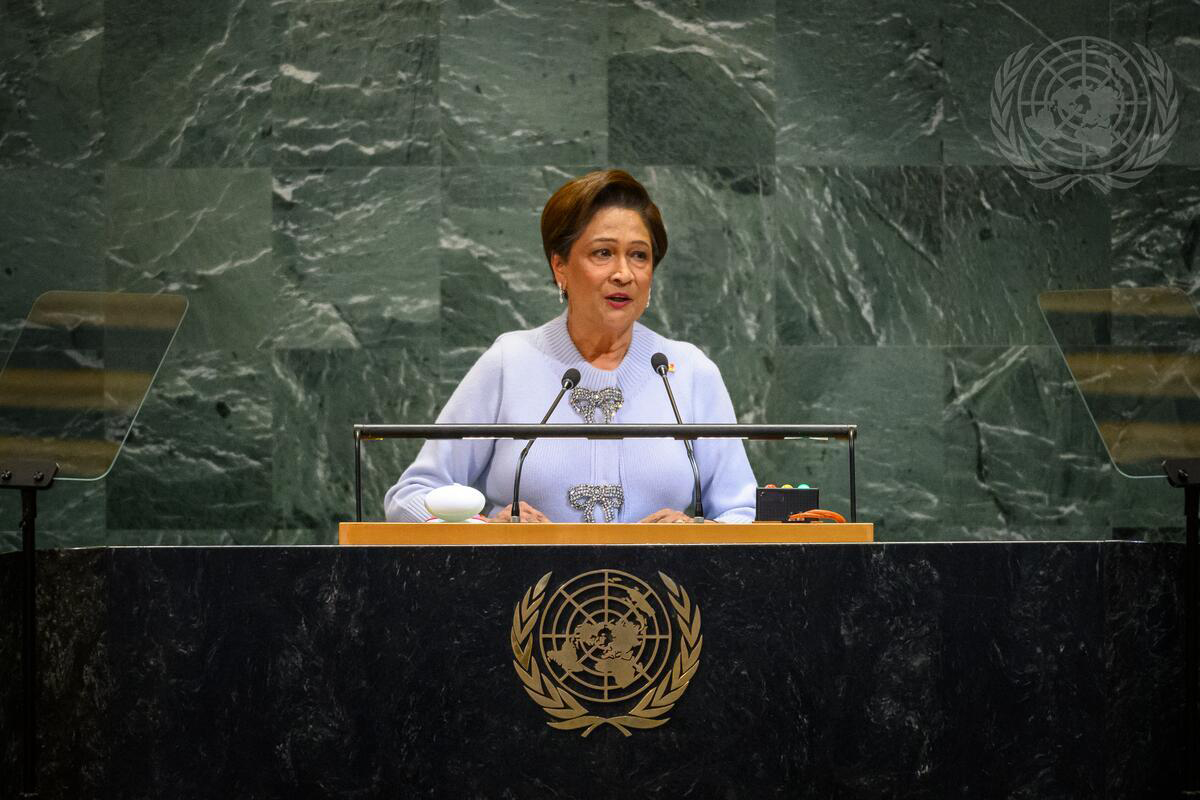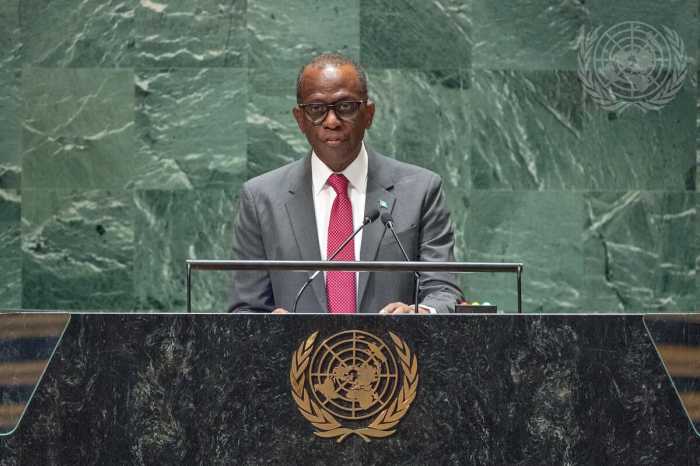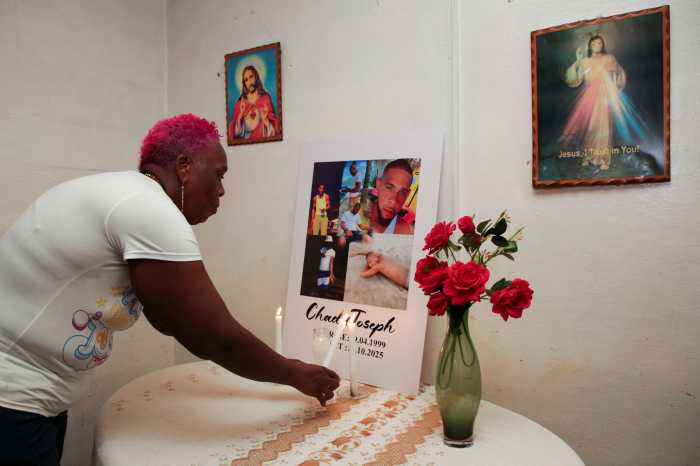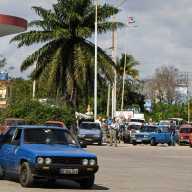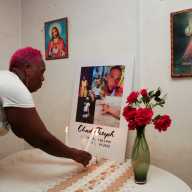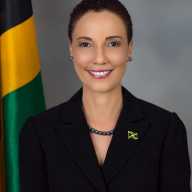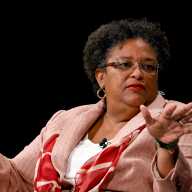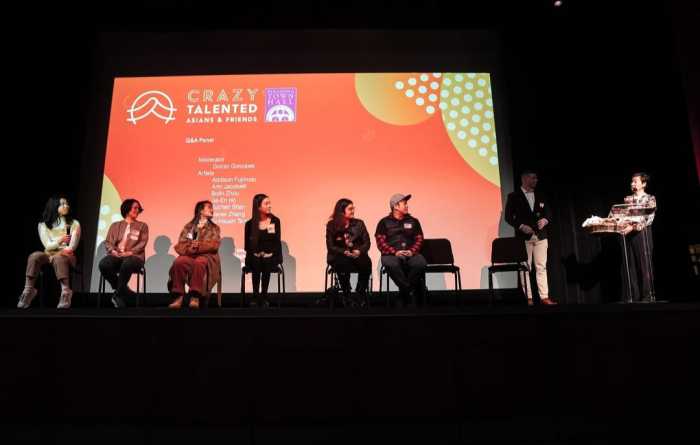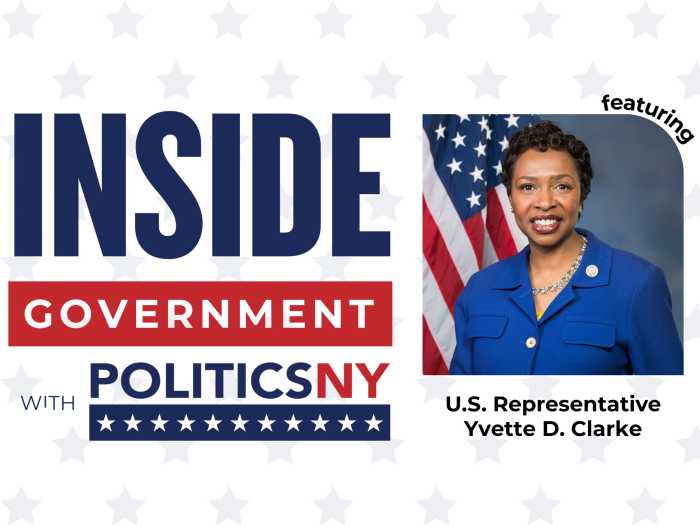Trinidad’s nearly six-month-old government is in a quagmire as it fights to persuade neighboring Venezuela to agree to share the proceeds of a massive cross-border gas field. Local authorities are ironically lining up behind any apparent impending US military action against the South American nation.
Critics, including former energy and ex-prime minister Stuart Young, seem to think that Prime Minister Kamla Persad Bissessar, some cabinet colleagues, and supporters’ recent hostile verbal statements against Venezuela will sour the deal and likely seriously hurt negotiating efforts. Oil and gas, particularly gas exports, are the bedrock of the Trinidadian economy.
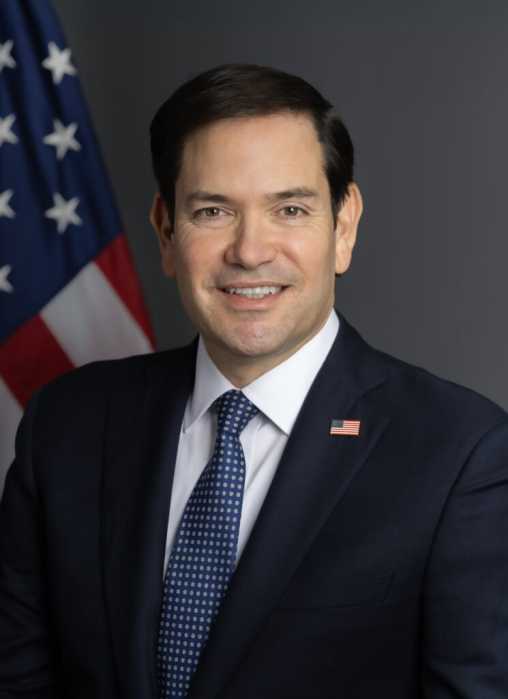
Just back from talks with Secretary of State Marco Rubio on energy and other subjects, the PM says the twin island republic with Tobago has been given permission to negotiate with Venezuela regarding the Dragon gas project that straddles the two nations. She had even told reporters that Washington has granted T&T a license to deal with American-sanctioned Venezuela but has backed away from this, noting that negotiations are the next step in the process.
But many at home seem to think her administration’s open support for actions by the US military against Venezuela might well scuttle efforts to get this massive project off the ground.
For example, the administration has said it will not hesitate to allow the US military to use Trinidad as a base if Venezuela ever attacks neighboring Guyana to enforce a decades-old border row. PM Persad Bissessar has also openly backed US military attacks on vessels allegedly fetching cocaine from Venezuela up the hemispheric chain to the US mainland, actions which have angered President Nicolas Maduro and his government. Stuart Young thinks the die is already cast against the project. She says the US should “kill them all violently.”
Then junior Minister of Housing Phillip Alexander recently warned Venezuela that India would “nuke” the country if it takes any hostile action against the republic because India would come to the rescue of a country with a large Indian diasporic population. These remarks were widely seen as very hurtful to relations with Venezuela.
Young named Alexander as one of the culprits of attacks on Venezuela, noting that he “almost dragged us into an international furor with a very silly video (talking) about a country (India) with nuclear weapons nuking Venezuela and then engaging in a tit-for-tat with the same minister of energy and vice-president of Venezuela,” Young said.
“And it is absolutely no secret what has been the position and the stance of this government and, in particular, the voice of the prime minister towards our closest neighbor,” arguing that authorities have attacked” the Venezuelan energy minister “in a most disrespectful manner over the last weeks,” noting that this would have obviously hurt relations between the two nations.


